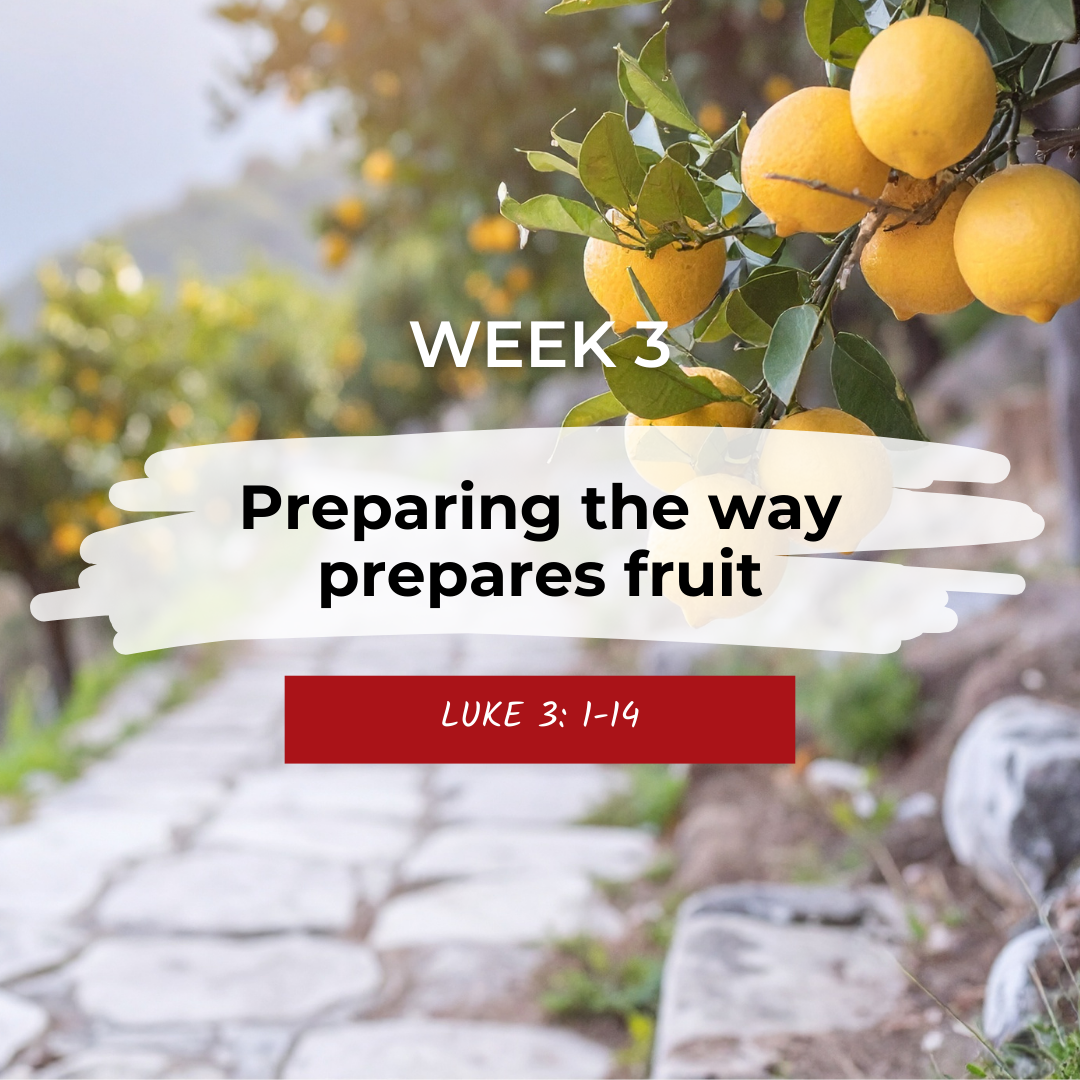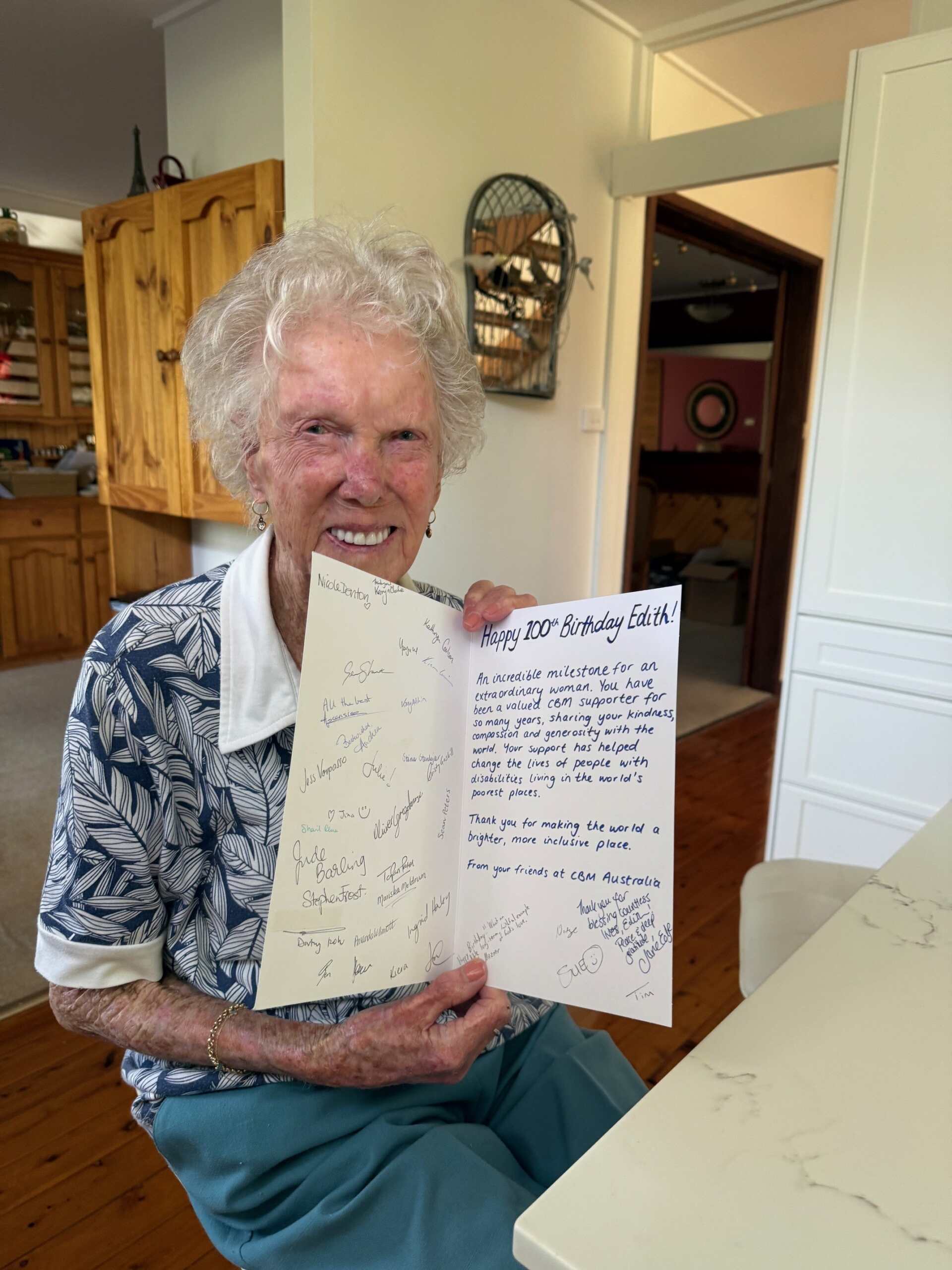CBM Australia program coordinators return to Indonesia
Stories | January 22, 2024 | Author: Kirsten Bate, Program Coordinator at CBM Australia
After two long years of being unable to travel due to COVID-19 lockdowns, CBM Australia program coordinators are finally travelling again – getting to meet the people who work tirelessly to support people with disabilities to live happy and fruitful lives. Hear what Kirsten, Program Coordinator for Indonesia and Papua New Guinea, said about her recent trip to Indonesia.
It was wonderful to return to Indonesia, particularly to reconnect face-to-face with partners after more than two years of online meetings. While we have mastered the art of Zoom meetings across languages, getting out to the communities we support with our partners is always energising. It helps us to understand the challenges communities and partners face and how we can best support them.
One partner I visited recently is BILiC, an Organisation of People with Disabilities (OPD). This means they are an organisation led by and made up of people with disabilities. BILiC plays a vital role in providing a voice for people with disabilities and advocating for their needs.
As a long-term partner of CBM Australia, our eye health projects have been a strong union. More recently, CBM supported BILiC to become a stronger organisation, implementing a new project helping people with disabilities to live more independently.
With the projects made up of people with disabilities, they also demonstrate that being a person with a disability does not limit their role in society.
During this trip, I also visited one of the communities BILiC works with and met with a local self-help group. This is a group of people with and without disabilities working together to promote the rights of people with disabilities. Together they participate in community meetings, helping village leadership understand and meet the needs of people with disabilities.
They also work together on small business activities, drawing on the members’ skills and the village’s resources. For example, the self-help group I met was working on two business activities: one making the trendy snack of salted duck eggs and the other producing liquid fertiliser from food waste from the village.
These activities, however, aren’t all about making money. They also provide a purpose for people with disabilities and their families to come together. This all increases village opportunities to socialise and participate in the community, building self-esteem, mental health and making them more visible in the community. Being more visible is extremely important as it is an effective way of breaking down the stigma surrounding disability.
Although BILiC only started working with the community I visited this year in 2022, the multiple benefits of this work are already apparent. Members of the self-help group said they already feel less lonely and more valuable as community members. They feel more motivated to get up each day and excited to come together with others with similar struggles. They have become more confident and realise they can support themselves and be more independent and self-sufficient. They can also express their needs to others and even help other people with disabilities understand they have rights too.
BILiC will continue supporting people with disabilities in other communities to achieve similar outcomes.
Learn more about Kirsten’s role
CBM acknowledges the support of the Australian Government through the Australian NGO Cooperation Program (ANCP).
https://www.cbm.org.au/stories/cbm-australia-program-coordinators-return-to-indonesia
Related Stories

Advent 2025: Preparing the way produces fruit
John the Baptist called people to prepare for God’s presence through repentance and by producing fruit (acts of justice,...

From sports to advocacy – the journey of the Isiolo Umbrella Disability Group
The Promoting Inclusive Delivery of Eye Care (PRIDE) Project is a...

Edith turns 100 – A life of generosity and joy
On Saturday, 4 October, Edith’s family gathered to mark an incredible milestone in style. Surrounded by her children, grandchildren...
